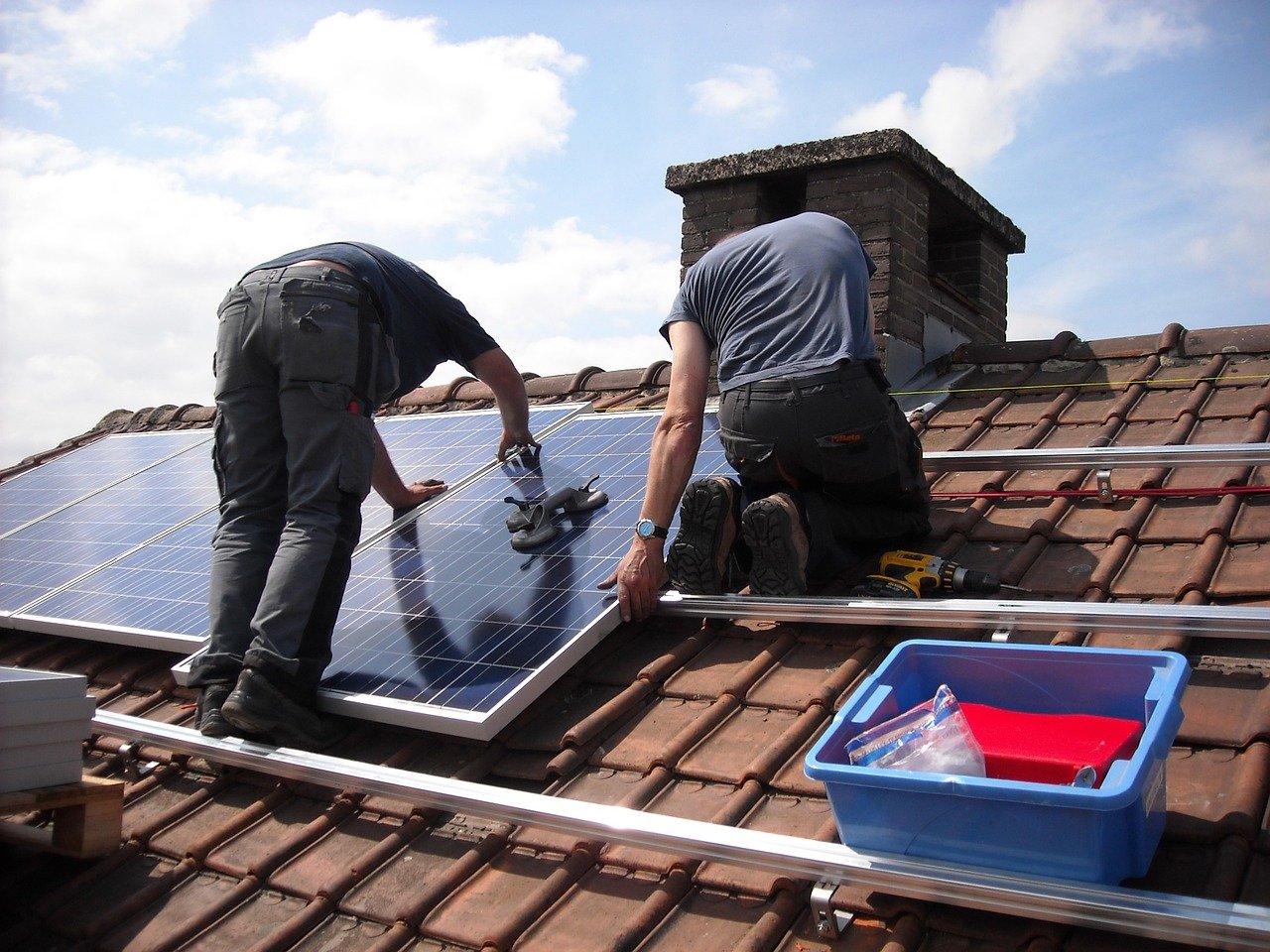Solar panels don’t last forever, but when they are discarded and replaced with new and more efficient ones, they usually still have some service life left in them. Naturally, these elements fuel a secondhand solar panel market that is thriving, as the developing world welcomes the used panels for what they still have to offer.
According to International Renewable Energy Agency stats, by 2050, there will be 78 million tons of solar-panel waste that will have to be managed somehow. Having someone to repurpose these panels is actually a very positive thing, and for developing countries, it is a savior.
Between 2010 and 2019, the number of people living without electricity declined from 1.2 billion down to 760 million. In many cases that had this positive turn, secondhand solar panels enabled them to generate electricity at last.
There are farms, homes, or even entire villages in developing countries that are far from the power line grid and all transmission points, so building an isolated solar system for little money is crucial. Until last year, there were roughly 420 million people getting their electric power this way, and by the end of the decade, this number is expected to reach 850 million.
After all, these low-performing panels that have had internal material degradation can still output a respectable amount of power if they are installed on a sunny place. In some cases, they are replaced long before they reach their manufacturer-specified end of life, just because they are substituted by novel, state-of-the-art solutions. Their cost is literally at the bottom as sellers are looking to just get rid of them, so buyers often only need to cover shipping costs.
Obviously, resellers are taking notice, and a global network is forming even if tentatively right now. Soon, people will be able to find and buy used solar panels for bargain prices everywhere in the world, and it is only going to accelerate the transition to renewable energy even more.







